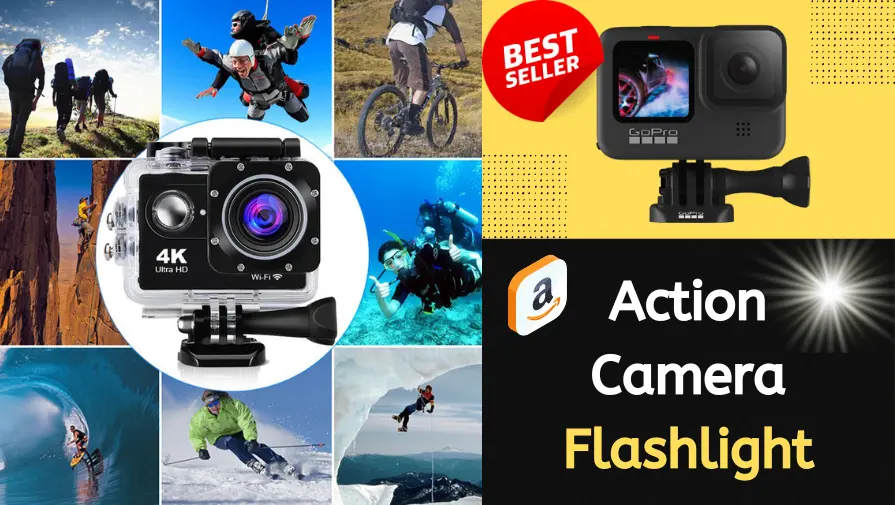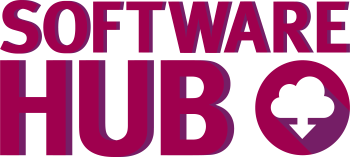The advent of the internet has transformed the landscape of political campaigns, ushering in a new era of digital communication, engagement, and strategy. This article explores the multifaceted impact of the internet on political campaigns, examining how it has reshaped the way candidates connect with voters, mobilize support, and navigate the complexities of the modern political arena.
From Traditional to Digital Campaigning
Historically, political campaigns relied on traditional media such as television, radio, and print for communication. The internet has disrupted this paradigm, offering candidates a direct and immediate channel to reach voters through websites, social media, and online platforms.
Real-Time Interaction and Feedback
The internet enables real-time interaction between candidates and voters. Social media platforms, in particular, provide a space for candidates to share updates, respond to queries, and gauge public sentiment instantly. This unprecedented level of engagement has reshaped the dynamics of political discourse.
Amplifying Reach and Visibility
Social media platforms like Facebook, Twitter, and Instagram have become integral to political campaigns. Candidates leverage these platforms to amplify their reach, share their messages, and cultivate a public persona that resonates with voters.
Targeted Messaging and Micro-Targeting
The internet allows for highly targeted messaging. Through data analytics, campaigns can identify specific demographics and tailor messages to resonate with particular voter groups, a strategy known as micro-targeting. This personalized approach aims to engage voters on issues that matter most to them.
Digital Organizing and Activism
The internet empowers grassroots movements by providing tools for digital organizing and activism. Campaigns can mobilize supporters, coordinate events, and disseminate information more efficiently, fostering a sense of community and shared purpose among volunteers.
Online Fundraising Campaigns
Political fundraising has been revolutionized by the internet. Online platforms facilitate small-dollar donations from a wide pool of contributors, reducing reliance on traditional high-dollar donors. This democratization of fundraising broadens financial support for candidates.
Misinformation and Disinformation
The ease of information dissemination on the internet brings challenges related to misinformation and disinformation. False narratives and misleading content can spread rapidly, requiring campaigns to navigate a landscape where fact-checking and countering false claims are essential.
Privacy and Data Security
The collection and use of voter data for targeted campaigning raise concerns about privacy and data security. Striking a balance between effective micro-targeting and respecting individual privacy rights is a delicate challenge for political campaigns.
Regulation of Online Political Advertising
Governments are responding to the digital evolution of political campaigns by implementing regulations on online political advertising. These regulations aim to bring transparency to digital ad spending, ensuring that voters know who is behind campaign messages.
Social Media Accountability
Social media platforms face scrutiny regarding their role in political campaigns. Calls for accountability regarding the spread of misinformation, data security, and the potential manipulation of public opinion underscore the need for ongoing regulatory discussions.
Emergence of New Platforms
The future of political campaigning will likely see the emergence of new online platforms. As technology evolves, campaigns will explore innovative ways to engage with voters, leveraging emerging platforms that capture public attention.
Integration of Artificial Intelligence
Artificial intelligence (AI) is poised to play a more significant role in political campaigns. From predicting voter behavior to automating campaign processes, AI technologies offer the potential to enhance campaign efficiency and effectiveness.
Conclusion
The internet’s impact on political campaigns is profound, shaping the way candidates communicate, mobilize support, and fundraise. While digital campaigning brings unprecedented opportunities for engagement and outreach, it also presents challenges related to misinformation, privacy, and accountability. Navigating the digital frontier of political campaigns requires a strategic blend of effective communication, ethical use of data, and adaptability to emerging technologies. As campaigns continue to evolve, the intersection of politics and the internet will undoubtedly define the future of democratic processes.
FAQs
How has the internet impacted political campaigns?
The internet has transformed political campaigns by providing a direct channel for communication, real-time interaction, and engagement. Social media platforms amplify candidates’ reach, facilitate targeted messaging, and revolutionize grassroots mobilization and fundraising.
What role does social media play in political campaigning?
Social media platforms like Facebook, Twitter, and Instagram play a crucial role in political campaigns. They amplify candidates’ visibility, enable targeted messaging through micro-targeting, and foster grassroots mobilization and fundraising.
How has online fundraising changed with the internet’s impact on political campaigns?
Online fundraising has been revolutionized by the internet, allowing campaigns to receive small-dollar donations from a wide pool of contributors. This democratization of fundraising broadens financial support for candidates, reducing reliance on traditional high-dollar donors.





